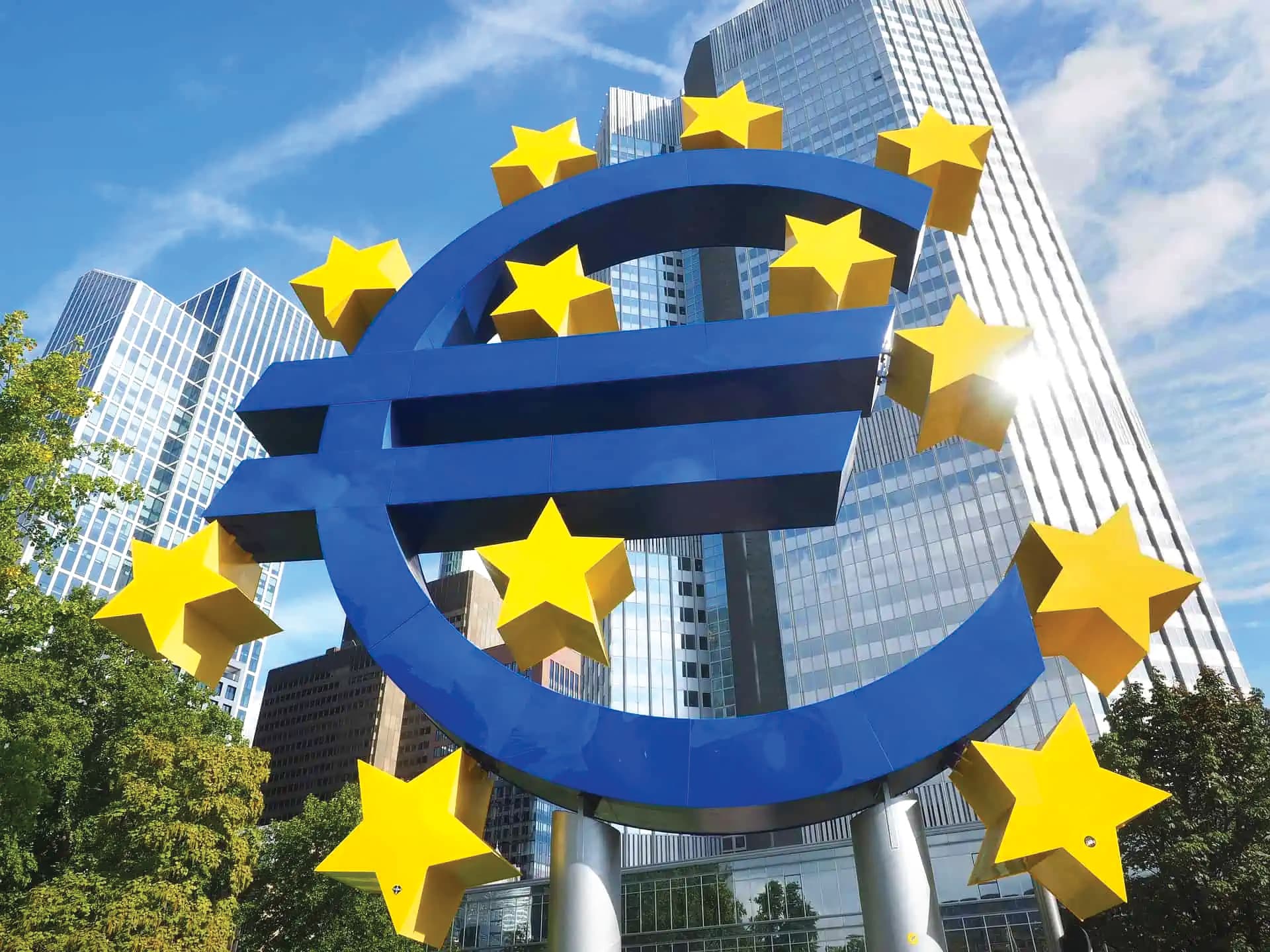By Dorina Mastora
The advent of digital currencies presents us with a new epoch characterised by an innovative breed of money. At the heart of this revolution is the digital euro, a notional concept that, until recently, was sentences in the pages of futuristic financial discourse.
After an extensive two-year investigative period, the European Central Bank’s (ECB) Governing Council has made a significant decision to initiate the next crucial phase: the Digital Euro Preparation Phase. During this preparatory stage, the Eurosystem will concentrate its efforts on in-depth testing across several essential domains, encompassing the design, user experience, privacy, financial inclusivity and ecological sustainability aspects of the digital euro.
This comprehensive initiative will also encompass the refinement of the Digital Euro Scheme Rulebook and the establishment of a structured process for selecting potential service providers. Notably, the Preparation Phase is scheduled to extend over two years, running concurrently with legislative deliberations, underscoring the ECB’s commitment to meticulous planning and development.
The concept of the digital euro
The digital euro is a centralised digital currency projected to be issued by the ECB and will be referred to as central bank digital currency or CBDC. Unlike other digital currencies such as Bitcoin, the digital euro will be directly equivalent to its tangible counterpart and under the regulatory purview of the ECB.
In its mature form it will be implemented throughout the entire European Union (EU). As an extension of the current euro, its functionality will envelop the 19 EU countries that utilise the euro as the primary currency.
Why do we need it?
One may pose the question, why do we need a digital euro when cash and electronic modes of payments are already efficient?
In response, the ECB has underscored several benefits associated with the introduction of a digital currency. This includes smoother cross-border transactions within the EU, inclusivity, ease of use (online and offline), security enhancements, enhanced privacy protection, consumer convenience, and reduction of transactional costs.
Additionally, in today’s digitalised world, the implementation of a centralised digital currency aligns the governmental monetary ecosystem with the prevailing trends of finance. This approach ensures that central banks remain in control, reducing the risks associated with unregulated digital currencies.
Implementation of a digital euro currency
The ECB has indicated that the digital euro will exist in addition to cash, not replace it. The prime purpose is to provide a choice, rather than eliminating the tried and tested modes of payments.
The European Central Bank is actively exploring the operational details of this initiative. One avenue involves the potential creation of a specialised digital euro application accessible to everyone. Alternatively, financial intermediaries such as banks may integrate digital euro services into their existing applications, ensuring a seamless experience for their clientele.
Notably, even individuals lacking traditional banking access can leverage physical cards issued by public entities like post offices for digital euro transactions. Importantly, digital euros are designed to operate seamlessly in both online and offline settings, anticipating scenarios with limited internet connectivity.
In offline transactions, payment details will remain confidential, known only to the payer and the recipient, ensuring a high level of privacy. A digital euro would be free for basic use.
Additionally, non-resident euro area citizens may also have access, provided they could have an account relation with a euro area payment service provider. Access to the digital euro for consumers in the EEA and third countries should always be based on an agreement with the authorities of such jurisdictions.
Digital euro and the banking system
Banks serve as drivers of the economy, offering loans to individuals and businesses seeking liquidity. This process relies on the trust and stability provided by customer deposits. However, a sudden large-scale withdrawal of deposits could potentially hinder banks in providing necessary loans.
To address this, the ECB is planning to implement maximum balance thresholds for the use of the ECB digital euro, initially set between €3,000 to €4,000. Since the future is unpredictable we do not know if this will possibly be adjusted over time.
For instace, picture a scenario, such as a financial crisis, where a sudden loss of trust in traditional banking prompts a shift to the central bank digital currency account. The consequences could pose a challenge for the financial sector.
However for the time being this strategic measure aims to strike a balance – preventing a significant shift of funds that might impact the stability of the banking system while still allowing users flexibility in their digital euro usage. On the flip side, maintaining a threshold between €3,000 to €4,000 ensures a cautious approach, preventing the digital euro from being used for substantial purchases.
As we navigate these considerations, the ECB remains committed to adapting and refining its approach over time. The threshold, like our financial landscape, may evolve. Intriguing possibilities lie ahead in this transformative financial landscape.
New era
Indeed, the introduction of the digital euro heralds a new era of digital finance. However, its implementation should be carried out with a measured approach, considering the socio-economic contours of our society.
The evolution of currency and payment methods reflects a fascinating journey. From the barter system to the invention of physical currency, the concept of money has continually adapted to meet the needs of society. The transition from cash to card payments marked a significant shift towards convenience, and now, the rise of digital currencies represents a new frontier in financial technology. It is interesting to see how the future will unfold!
Dorina Mastora, Deputy Compliance Officer at Elias Neocleous & Co LLC







Click here to change your cookie preferences